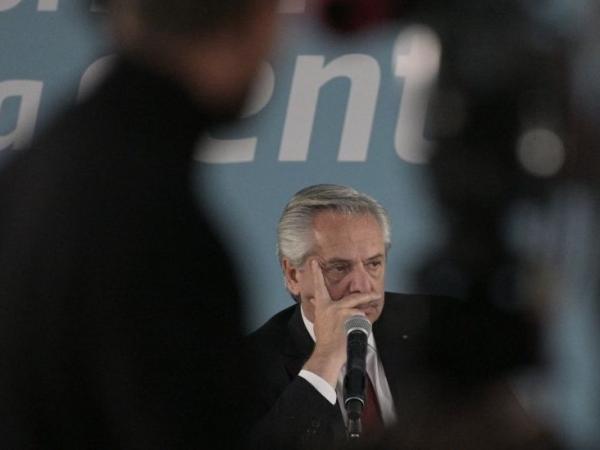The Argentine Economy Minister, Martín Guzmán, resigned from his post this Saturday amid strong internal divisions in the government of Alberto Fernández and after a week of tensions in the markets as a reaction to measures that show the macroeconomic imbalances of the South American country.
The management of Guzmán, who has been a member of the Executive since December 2019, was the center of criticism from both the opposition and the ruling wing led by Argentine Vice President Cristina Fernández, who has questioned the fiscal adjustment committed to in the agreement sealed with the International Monetary Fund (IMF) last March.
Guzmán presented his resignation to Alberto Fernández in a letter that he made public through the social network Twitter.
Guzmán’s resignation crowns a tense week in the foreign exchange markets, with the price of the dollar at record levels after the decision of the Central Bank to impose more restrictions on access to foreign currency by companies to pay for imports, a measure that seeks to take care the scarce monetary reserves of the country.
Argentina also faces a scenario of accelerating inflation and must meet challenging fiscal and monetary goals assumed in the agreement with the IMF, questioned by Cristina Fernández, who this Saturday, at the time Guzmán presented his resignation, reiterated his differences with respect to government economic management.
That of Guzmán, a man who until now had publicly defended Alberto Fernández, is the second resignation that in less than a month has occurred within the government cabinet.
At the beginning of June, also in the midst of tensions with the vice president, Matías Kulfas, another man close to the president and key in managing industrial policy, resigned as Minister of Productive Development.
Remember that you can receive notifications from BBC Mundo. Download the new version of our app and activate it so you don’t miss out on our best content.
BBC WORLD
















